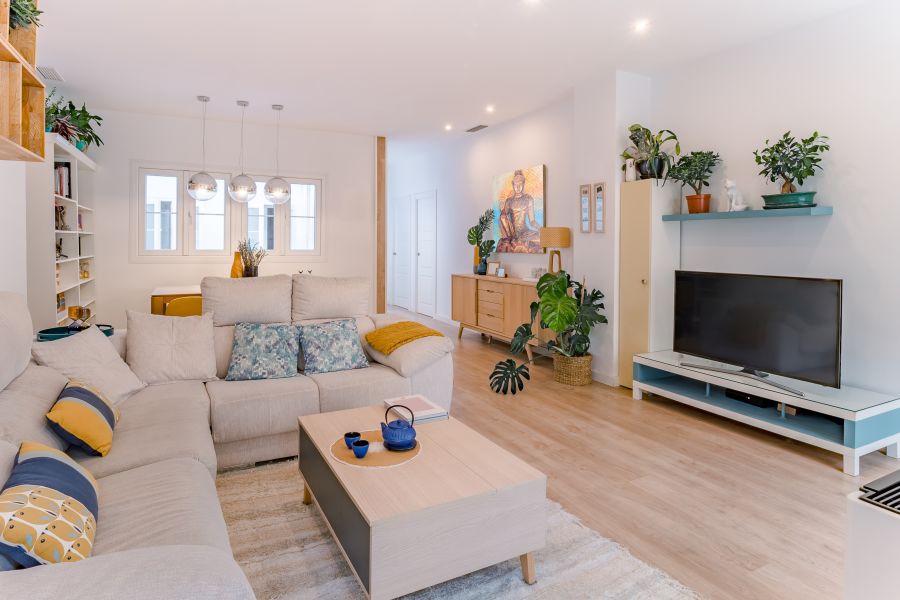California Short-Term Rentals Now Require a Business Personal Property Filing

Commencing in 2024, individuals who possess short-term rentals (such as rentals facilitated by platforms like Airbnb) will be required to fill out the newly introduced Form BOE-571-STR, known as the Short Term Rental Property Statement, in order to disclose their business personal property. Business personal property is typically subject to annual reappraisal, unlike real property. Every year, business owners are required to provide a business property statement that provides a comprehensive breakdown of the expenses associated with supplies, equipment, and fixtures at each of their locations.
Form BOE-571-STR can be found here:
www.boe.ca.gov/proptaxes/pdf/sample-boe571str.pdf
When a property owner rents out all or part of their property, such as a residential unit, they are required to pay business property tax on the items used for the rental, such as furniture, appliances, equipment, and supplies. Business personal property includes furniture (such as televisions, laptops, bed frames, mattresses, tables, chairs, entertainment units, and artwork), kitchen appliances, washing/drying machines, and any other property that is offered to tenants as part of the rental operation.
If a taxpayer rents out their residence on a part-time basis or rents out a single room within their residence, they are still required to submit Form BOE-571-STR to declare the property within the rented room, as well as any property in other rooms (such as the bathroom, kitchen, living room, and laundry room) that the renter or guest is allowed to use. (for example, according to the Assessor’s Manual) The form does not permit reporting on a prorated basis.
Owners of short-term rental properties should carefully examine the form in order to identify the necessary information for reporting, including the year the item(s) was obtained and its original cost. Regardless of the age of the assets, taxpayers are required to declare this information.
Should your client engage in the rental of their house or a portion thereof, it is imperative that they complete and submit this form. Neglecting to do so may lead to substantial fines in the event that the county conducts a comparison of their declarations with listings on platforms such as Airbnb or VRBO. The penalties vary from 10% for not filing on time to 75% for fraud or intentional omission.
Taxable Personal Property Values and Rates
Any business that possesses taxable personal property (with the exception of a manufactured home) with a total cost of $100,000 or above for a given assessment year is required to submit a property statement, signed by the business, to the county assessor. (§441 of the Revenue and Taxation Code (R&TC)) The assessor will utilize a depreciation factor determined by the property’s economic lifespan. Despite the owner’s awareness that the property is appraised at a value below $100,000, it is still advisable to diligently fill out the form and submit it. In the event that the property owner fails to submit the form, the county assessor will formulate “assumptions” on the value of the property that could far surpass the true expenses.
The tax rate typically approximates 1% of the assessed value. Typically, employing a rate of 1.2% will provide a cautious approximation. For instance, if the initial value of your company assets is $150,000 and the reduced assessed value is $120,000, your property taxes on your business assets will amount to approximately $1,440.
Businesses whose property falls below the specified valuation level are obligated to submit a filing only if requested by the county assessor, unless the property is eligible for direct billing. Direct billing is applicable to smaller, well-established operators with a total property value below $100,000 that has little annual fluctuations in value. These businesses may only be obligated to provide statements every three or four years. This information can be found in §504 of the BOE Assessor’s Handbook.
Deadline for Submission
The county where the property is situated sends Form BOE-571-STR to taxpayers, who are required to submit it by May 7 annually in order to avoid incurring fines. Upon receiving this form from the county, taxpayers are obligated to fill it if the property was still under rental as of 12:00 a.m. on January 1, regardless of whether the property is now being rented out or not. Additional details can be accessed on the county assessor’s website pertaining to the specific county in which the property is situated.
To locate your county assessor, visit:
www.boe.ca.gov/proptaxes/countycontacts.htm
(This is Blog Post #1582)


